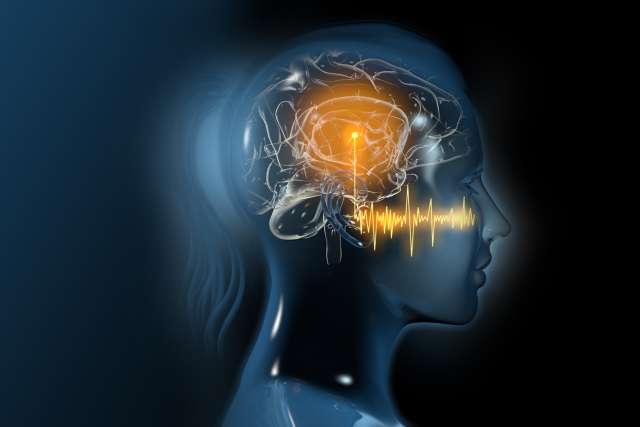Neuro-Otology
Our neuro-otology specialists provide comprehensive care for patients with chronic disorders affecting the inner ear and brain.

Why choose UCLA Health for neuro-otology?
UCLA Health neuro-otologists provide comprehensive care for conditions that affect the inner ear and brain. We evaluate patients with recurring dizziness, balance problems and other conditions at our world-renowned clinical laboratory. This facility enables our specialists to obtain detailed measurements of the inner ear function and its brain connections.
Highlights of our program include:
Research focus: Our specialists research new diagnostic tools, tests and treatment options for neuro-otology conditions. We also study the genetic components of these conditions and help you understand the implications for your whole family.
Education and training: As an academic center, we train residents, fellows and postdoctoral researchers. Through our training programs, we commit to ensuring that patients have access to exceptional clinicians for generations to come.
Patient-centered care: We provide specialized, advanced care with a compassionate approach. Our physicians work with each patient to find an effective, personalized treatment plan.
Neuro-otology conditions we treat
We evaluate and manage a range of conditions, including:
Basilar migraine (migraine with brainstem aura): A type of migraine that begins in the back of the brain (brainstem), causing aura symptoms such as irregular flashes of light, spots or lines in your vision
Episodic ataxia: A group of disorders that affect the nervous system, causing recurring instances of poor coordination or loss of balance
Hemiplegic migraine: A disorder that causes migraine symptoms and weakness on one side of the body
Meniere's disease: An inner ear condition causing hearing loss and dizzy spells, often affecting only one ear
Tinnitus: Ringing or buzzing sounds that come and go in one or both ears
Vertebrobasilar insufficiency: Poor blood flow to the brainstem, often causing dizziness, vision changes, loss of balance or poor speech
Vertigo: Dizzy spells characterized by feeling like the world is spinning in circles
Vestibular neuritis: Inflammation in the vestibular nerve, which connects the inner ear and brain, often causing vertigo, dizziness or hearing loss
Treatments we offer
The neuro-otology team provides a spectrum of treatment options for balance and inner ear problems, including:
Medications: We may prescribe medicines that relieve dizziness. Other medications may reduce or prevent migraine symptoms.
Low-salt diet: Water pills (diuretics) and a low-salt diet may be an effective treatment for Meniere’s disease.
Balance therapy: This therapy, also called vestibular rehabilitation, can reduce sensitivity to motion. It may involve progressive exercises to reduce balance problems.
Head positioning maneuvers: A specific technique called canalith repositioning may stop dizziness quickly. The doctor manually maneuvers your head to move the particles in your ear that cause dizziness.
Surgery: Rarely, a neuro-otologist may recommend surgery to remove balance functions in the affected ear so that the healthy ear takes over. Doctors only use this treatment if symptoms are severe and don’t respond to other treatments.
Our expert team
Our neuro-otologists are experts in conditions affecting the inner ear and brain. We continually research these conditions so we can offer patients the most up-to-date, effective treatments.
Faculty
Contact Us
Call 310-794-1195 to request an appointment with a neuro-otologist at UCLA Health. A physician referral is required.
Find your care
A physician referral is required to make an appointment with a neuro-otologist. Call 310-794-1195 to learn more about our services.

